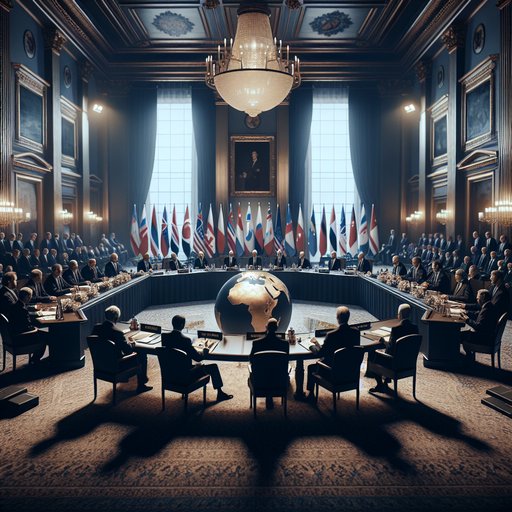
In a significant diplomatic development, U.S. President Donald Trump has announced plans for direct negotiations with Russian President Vladimir Putin, aiming to broker an end to the ongoing conflict in Ukraine. The announcement comes amid complex diplomatic maneuvering, with Trump indicating he will attempt to secure the return of Ukrainian territory [1].
The upcoming summit, characterized by Trump as a "feel-out meeting," represents a major shift in diplomatic strategy toward the Ukraine conflict. The U.S. President's approach includes promises to advocate for Ukraine's territorial integrity, though specific details of the proposed negotiations remain unclear [1].
In a related development, Trump has requested that Polish President Karol Nawrocki, a MAGA-aligned leader, participate in Ukraine-related meetings [2]. This move suggests an effort to build a broader coalition of supporters for his diplomatic initiative.
The diplomatic push comes at a crucial time, as Ukrainian President Volodymyr Zelensky has firmly stated that Ukraine will not surrender any territory in the eastern Donbas region, which remains partially under Russian control [3].
These developments unfold against a backdrop of increasing international attention to the conflict, with Trump positioning himself as a potential peacemaker while maintaining a complex balance between supporting Ukraine's territorial claims and pursuing direct dialogue with Moscow [4].
























